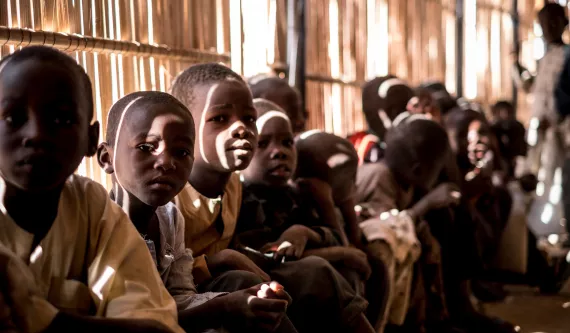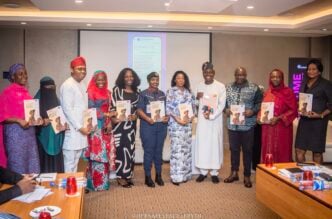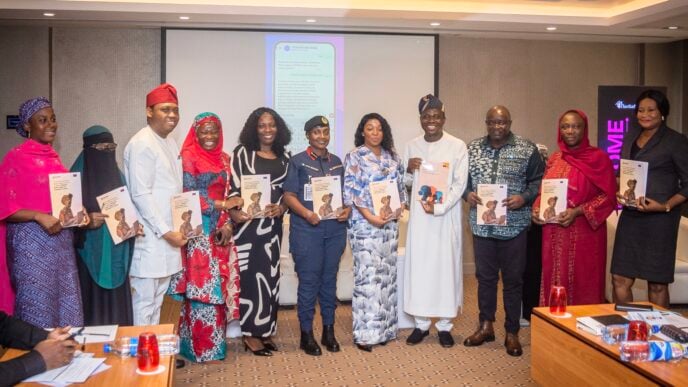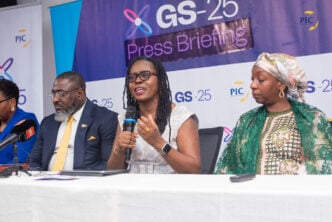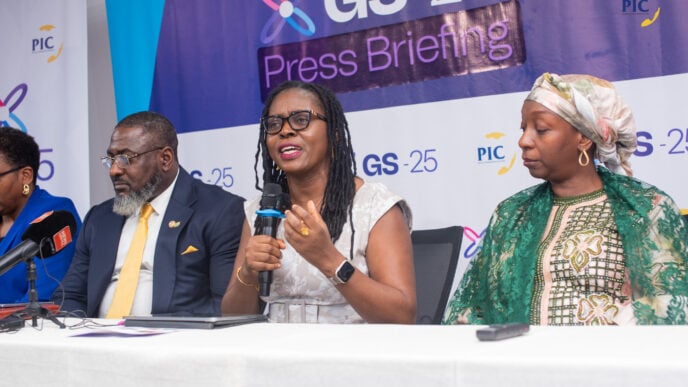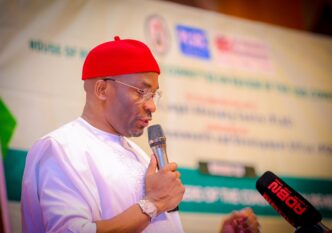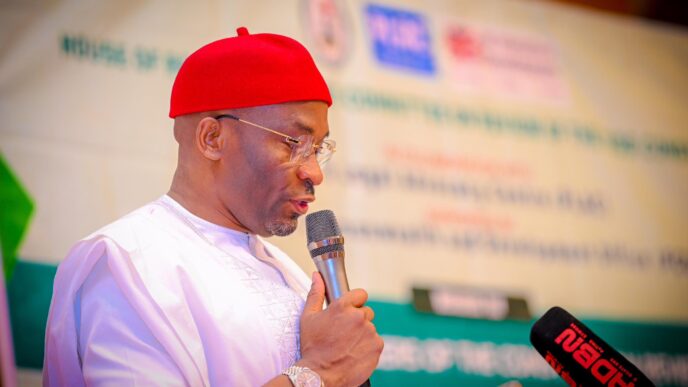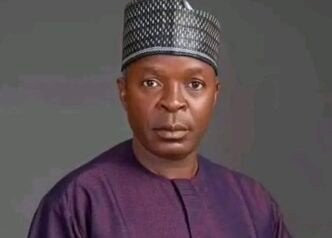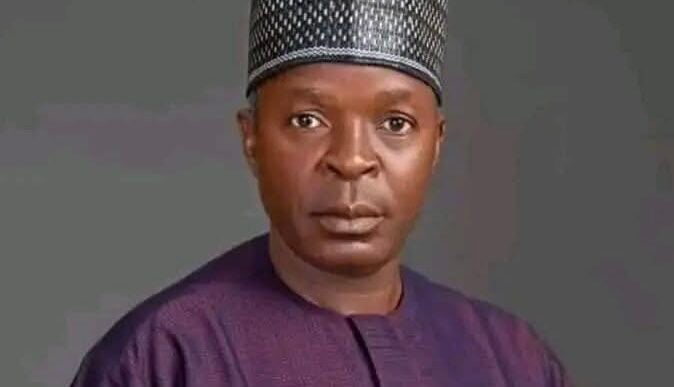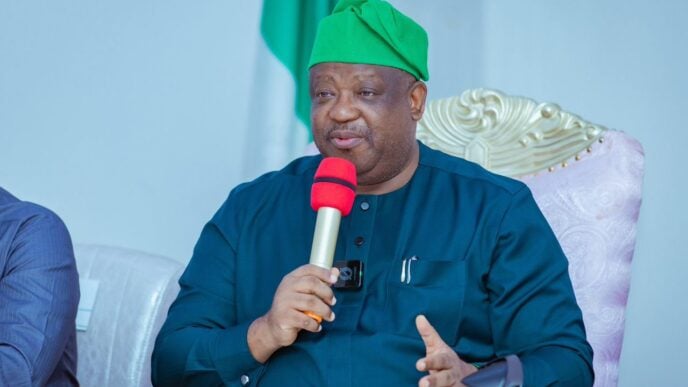Edo, Borno, and Plateau have been listed as three focal states to benefit from the European Union (EU)-funded ‘Strengthening childcare and protection systems’ project in Nigeria.
The project was launched in Abuja on Tuesday by the SOS Children’s Villages, an international humanitarian organisation.
The project will be implemented by SOS Children’s Villages in partnership with the Civil Society Legislative Advocacy Centre (CISLAC) and the Jireh Doo Foundation in 36 months.
It is expected to reach over 13,500 vulnerable children, support 900 caregivers, and build the capacity of at least 240 childcare professionals directly and 72 government agencies.
Advertisement
The project aims to impact over one million children and their families across the focus states.
Speaking at the project’s launch, Eghosa Erhumwunse, country director of SOS Children’s Villages Nigeria, said there is an urgent need for intentional, structured, and well-resourced systems to protect children.
Erhumwunse said many children face daily threats of abuse, neglect, exploitation, child marriage, trafficking, and unsafe care arrangements.
Advertisement
He lamented that there is a critical gap between legislation and implementation despite the domestication of the Child Rights Act in every state.
“This project directly responds to that gap, with intention, innovation, and collaboration across all tiers of government and key stakeholders involved in the care and protection of children,” he said.
“At the heart of this project is the commitment to strengthen the legal and policy frameworks guiding child protection, particularly the Child Rights Law and the alternative care guidelines.
“It seeks to build the technical capacity of key ministries, childcare professionals, and service providers to deliver quality care based on best practices and international standards, as well as leverage advocacy and community strengthening efforts for effective sustainability.
Advertisement
“The protection of children is not the sole responsibility of one institution or actor; it is a collective moral imperative.
“We express our sincere thanks to the EU Delegation to Nigeria for their longstanding partnership and unwavering commitment to human rights and child protection in Nigeria.
“We also express our gratitude to the federal ministries heavily invested in children’s rights and protection, including counterparts at the state level; to the commissions and agencies represented here; to key institutional actors whose collaboration is vital to the success of this effort; and to every child here—we appreciate you.”
Advertisement
